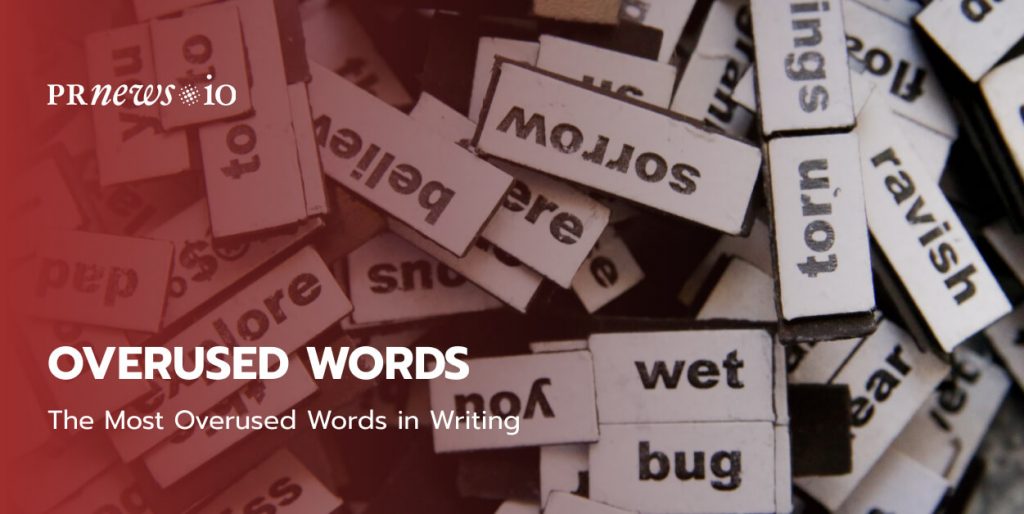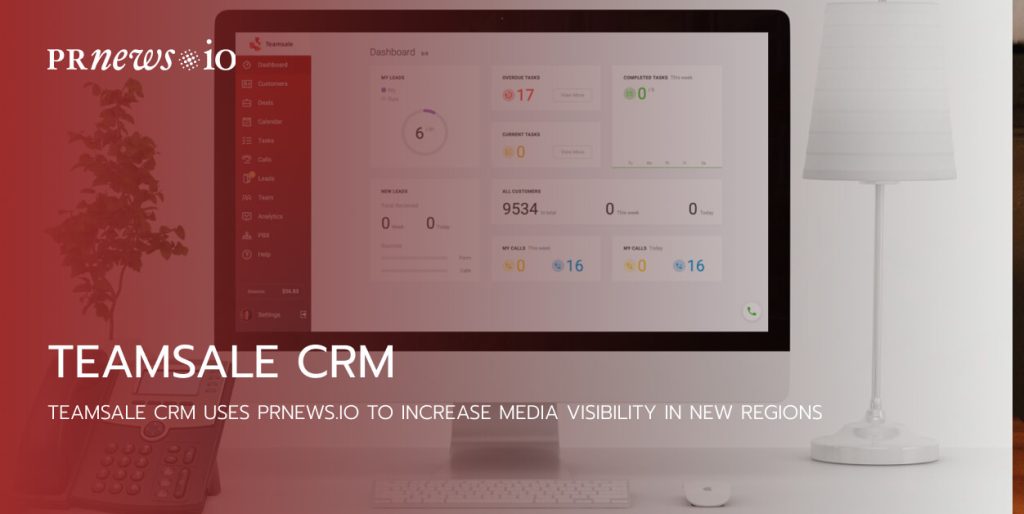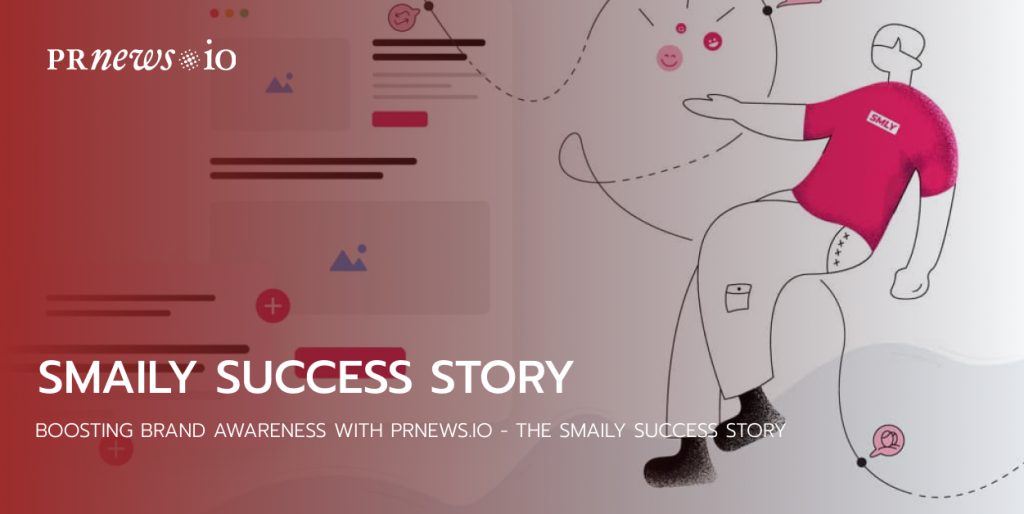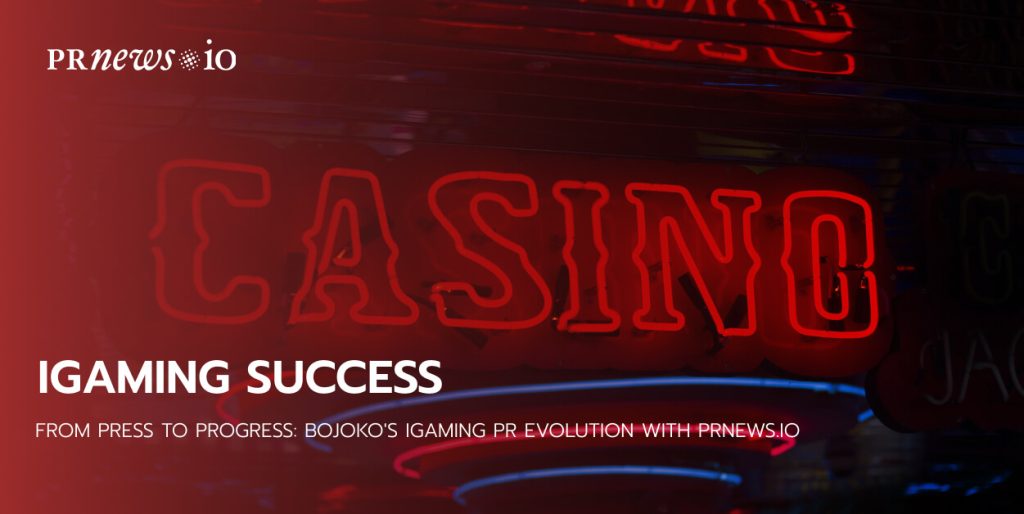
Dealing with press release distribution every day, we have noticed that excessive use of some popular marketing words while writing news releases and announcements has become one of the most tricky issues for our customers.
Of course, each business field has its own jargon and slang, but nevertheless, it’s better to stick to the standard professional writing in order to publish really top-drawer and polished press releases. And it’s essential to get your readers interested and make them do the action. In other words, if you want to be a professional — write as a professional.
Speaking about overused words in PR and marketing, it’s necessary to mention that such buzzwords can destroy the whole presentation and break your press release to pieces. Or, at the very worst, it will make a journalist throw it into a recycle bin. Actually, there’s nothing wrong with such commonly used words, if they are relevant and applied in an appropriate context. But some people are using them all over the shop, especially when they know their press releases lack newsworthy information.
Example: ‘Very’
We use ‘very’ almost every time we use an adverb or adjective. It doesn’t encourage us to explore the English language at all but rather prevents us from learning new words

Overused Words List
Based on our experience and Internet research, we have made the list of top 20 overused words which you will definitely need to avoid in your PR and marketing activities:
- Revolutionary.
- Best.
- New.
- Professional.
- Advance.
- First.
- Commercial.
- Great.
- Exclusive.
- Innovative.
- Unique.
- Leading.
- Digital.
- Global.
- Award-Winning.
- Launched.
- Passionate.
- Groundbreaking.
- Next Generation.
- Robust.
These are some of the words which have been so overused that they become meaningless. Some of the other words are selfie, hashtag, WTF, OMG, really, etc.
We always try to explain to our clients that the best solution is to replace such buzzwords and overused phrases with more specific and original analogs. It’s useful to look into a dictionary once again and find a synonym. But remember, interesting and high-quality content comes first.
Avoiding Overused and Tired Words
Perhaps a good start would be to remember what Mark Twain said
“When you catch an adjective, kill it. No, I don’t mean utterly, but kill most of them–then the rest will be valuable. They weaken when they are close together. They give strength when they are far apart.”
I suppose the best approach is to edit, edit and edit.
The British writer Alan Garner takes anything up to 10 years to finish a book. The basic writing is done in a year or so and the rest of the time he spends editing it down until each and every word counts. The results are marvelous.
Your work is too verbose, too overwhelming, and too long. This comes from a desire to capture every detail on paper. But then the work becomes heavy and hard to read.
I began using Hemmingway, which is the tool you can paste your chapter into and be instructed as to where you need to make changes.
I’m also using another app and this one is great – Readability Test Tool
You paste your chapter on here and if you get a high reading you’re good to go because you’re using simpler words and getting the message across quickly. Your aim should be to make your work readable to 12-year-olds. You don’t dumb down your words, just make your story sharper and more to the point.
Otherwise, when you edit, be prepared to cut, cut, and cut again. But when you do cut, keep those paragraphs in a separate file. You might need them for another story. (And I never delete what I’ve cut from my manuscript).
You’ll bleed (not literally) when you dice and slice your manuscript but when it’s done, you’re far happier with what you’ve edited because it will be readable without all the excess.
Read more:





